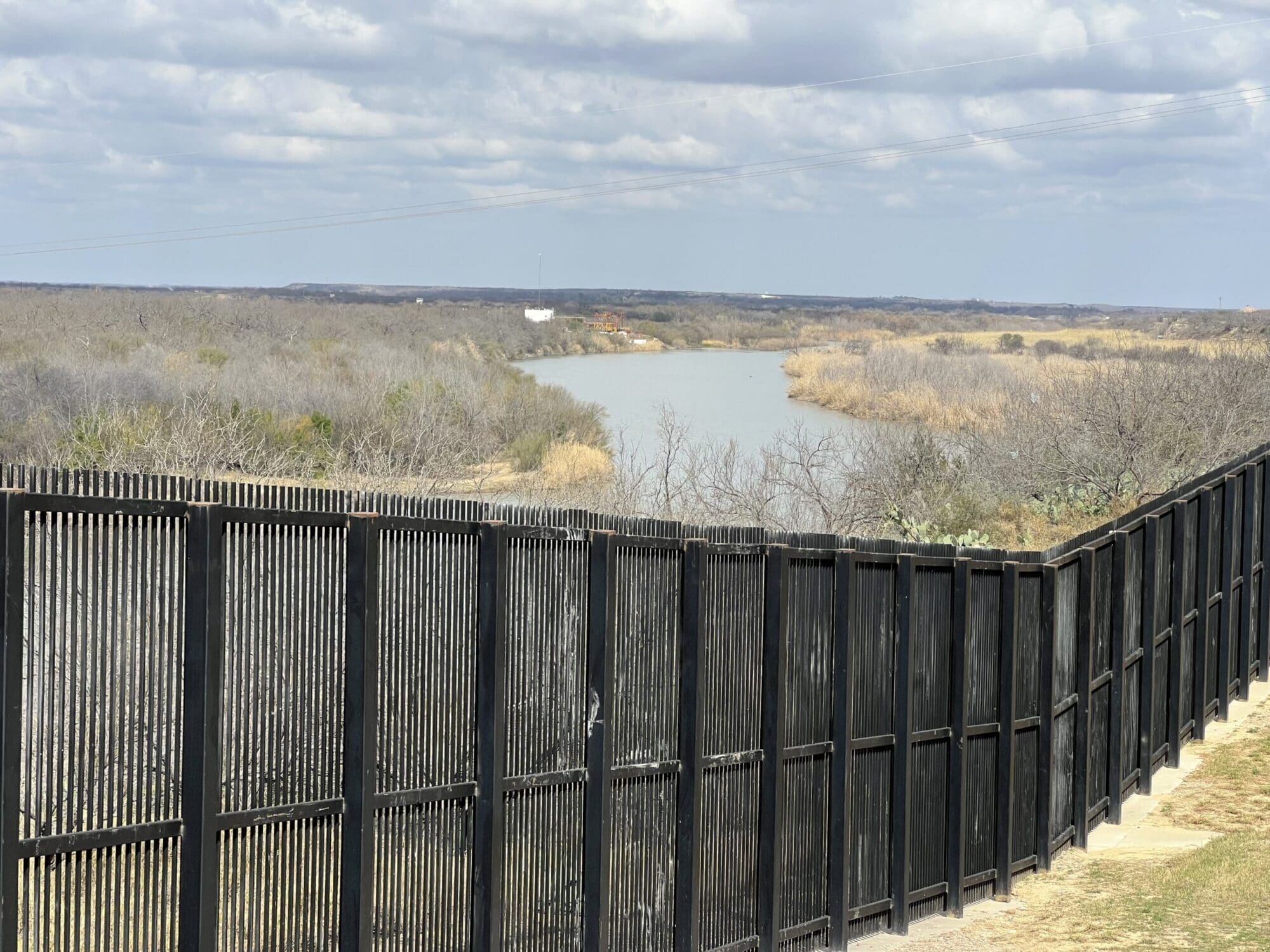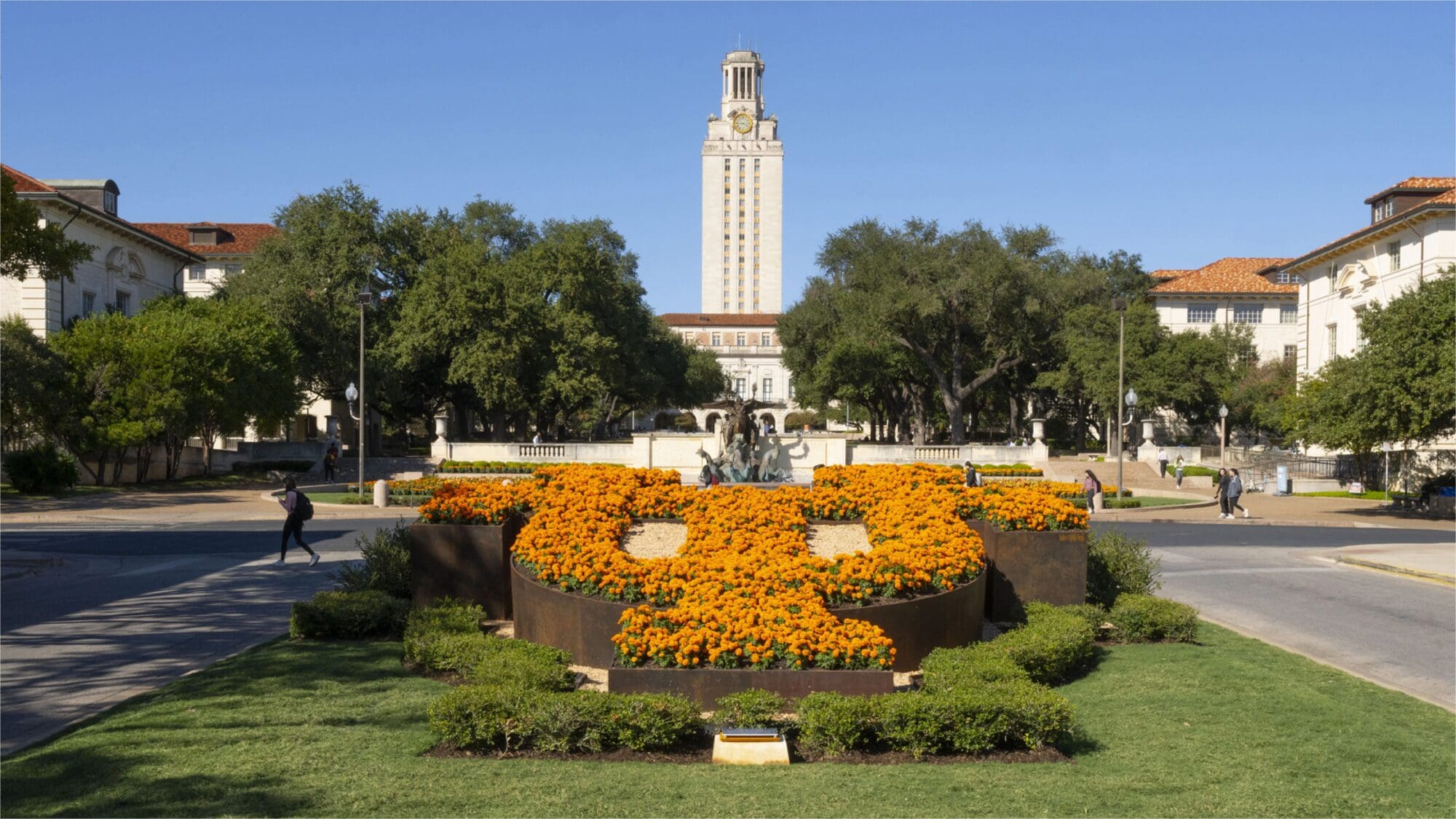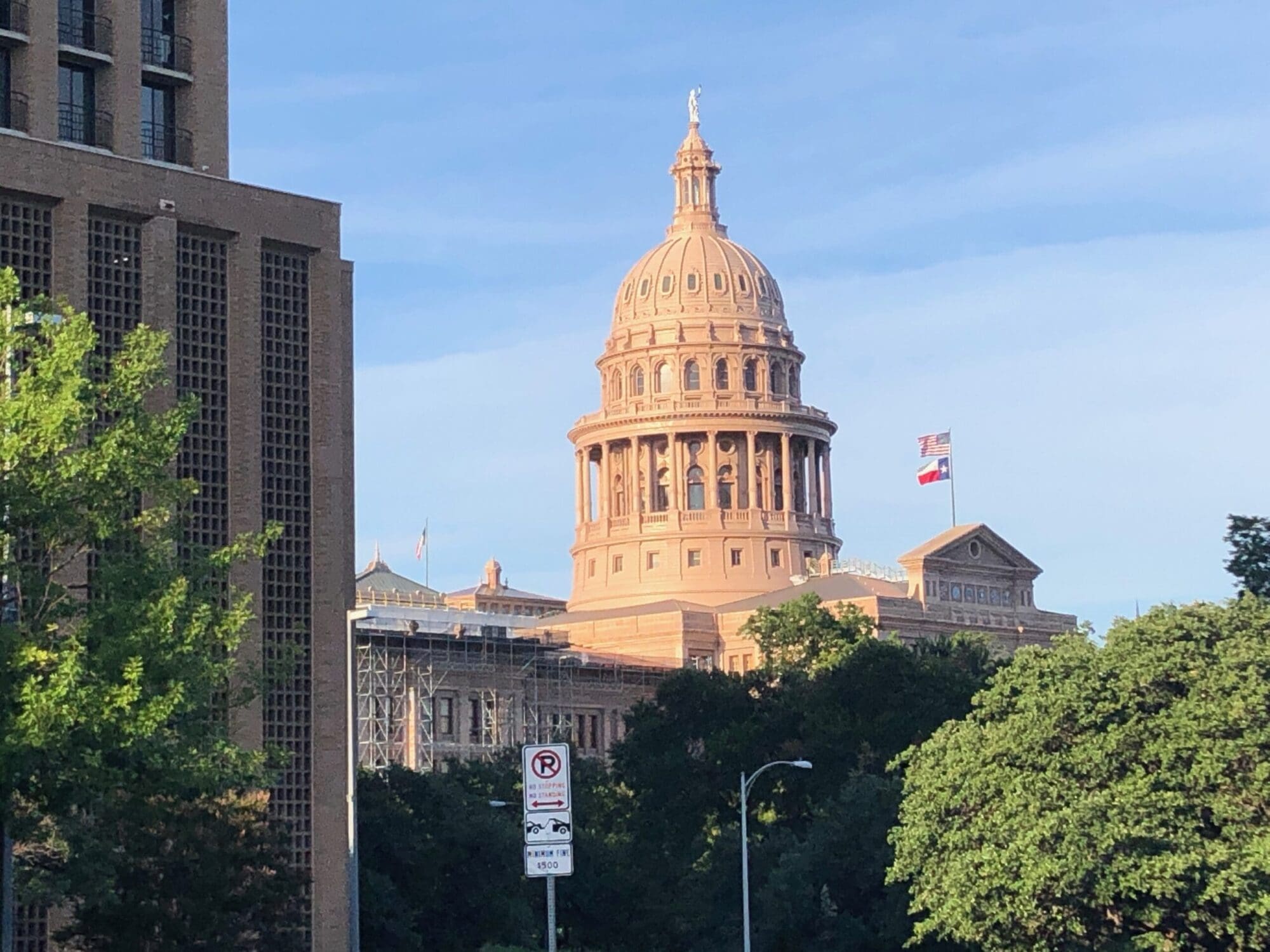Attorney General Ken Paxton details the importance of the U.S. Supreme Court’s recent decision in Devillier v. Texas and how it can impact lawsuits challenging the state’s new border security law.
Senate Bill 4 was signed into law by Gov. Greg Abbott in late December of last year and simultaneously criminalizes illegal entry into the state of Texas while empowering law enforcement to arrest illegal aliens.
The Biden administration invoked the Supremacy Clause of the U.S. Constitution and sued Texas in early January of this year to prevent the law from taking effect.
The Supremacy Clause establishes the U.S. Constitution as the supreme law of the land and thus overrides any conflicting state legislation.
However, according to Paxton, in the case of SB 4, Congress has not enacted a cause of action to allow such a lawsuit as the Biden administration is bringing against Texas.
The law was set to take effect on March 5 when federal Judge David Alan Ezra blocked it in late February.
On March 19, a short-lived procedural victory by the Supreme Court allowed Texas to enforce the law. However, just hours later that same day, the U.S. Fifth Circuit Court of Appeals blocked it, while litigation continues.
On Wednesday, Paxton sent a notice of supplemental authority to the Fifth Circuit demonstrating SCOTUS’ 9-0 ruling in a separate case—DeVillier v. Texas—serves as further support for the state’s defense of SB 4.
In this case, Richard DeVillier and more than 120 other landowners in north Texas alleged that they were entitled to demand compensation after their private land was affected by a flood evacuation barrier near Interstate Highway 10.
The Supreme Court ruled Tuesday 9-0 in favor of DeVillier and the other landowners but also said they should “pursue redress through existing state law ‘[a]s Texas explained’ rather than directly under the U.S. Constitution.”
Paxton argued in a press release Wednesday, “Like many cases before it, DeVillier rebuts the district court’s theory that the federal government can offensively enforce another constitutional provision—here, the Supremacy Clause—absent a statutory cause of action enacted by Congress.”
The notice reads, “[T]he district court facially enjoined every application of S.B.4—even though it can never be enforced against Plaintiffs and without meaningful severability analysis. Labrador confirms such an extraordinary order raises serious federalism and separation-of-powers concerns.”
No ads. No paywalls. No government grants. No corporate masters.
Just real news for real Texans.
Support Texas Scorecard to keep it that way!





